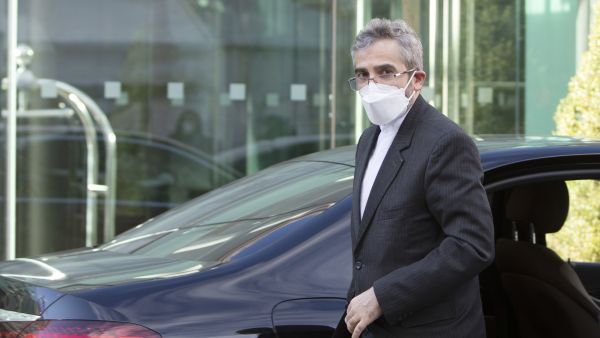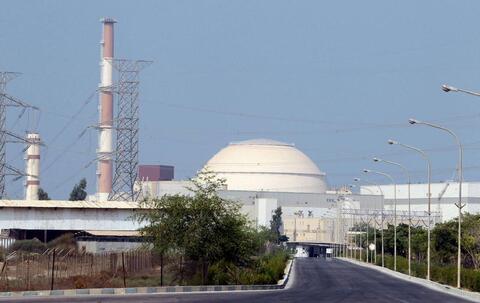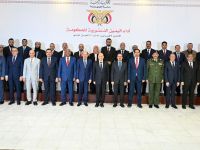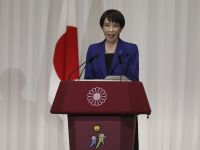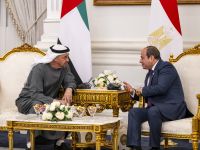Talks on reviving the 2015 Iran nuclear deal continued Tuesday with an eighth round of talks in Vienna.
High-level representatives from Russia, China, Germany, UK, France and Iran attend the talks that is being chaired by Enrique Mora, the EU’s representative in the discussions.
Meanwhile, Ali Bagheri-Kani, Iran's deputy foreign minister and lead negotiator held a meeting with Mora.
Iran and the United States return to Vienna on Tuesday for another round of talks aimed at reviving the 2015 nuclear agreement abandoned by the Trump administration https://t.co/90eHerO85I
— CNN (@CNN) February 8, 2022
"Participants will continue the discussions on the prospect of a possible return of the United States to the JCPOA and how to ensure the full and effective implementation of the agreement by all sides," the EU’s diplomatic service said Monday.
The US restored sanction waivers Friday allowing international cooperation with Iran on nuclear projects, reviving hopes of finding a solution to the conflict.
Last month, high-ranking EU officials, including EU foreign policy chief Josep Borrell, hinted that the parties were close to striking a deal.
EU diplomacy has made significant efforts to get Iran and the US back to the negotiation table since the beginning of the conflict between the two countries.
Diplomats from Iran and world powers have reconvened in Vienna to seek a deal reviving Tehran's 2015 nuclear accord, with pressure mounting for results soon. https://t.co/fqgSlyPx17
— AP Europe (@AP_Europe) February 8, 2022
Under EU chairmanship, the parties have been discussing the US’ possible return to the treaty and ensuring full compliance with the rules with smaller breaks since December.
The Iran nuclear deal -- officially named the Joint Comprehensive Plan of Action (JCPOA) -- was signed in 2015 by Iran, the US, China, Russia, France, the UK, Germany and the EU.
Under the agreement, Tehran committed to limit its nuclear activity to civilian purposes and in return, world powers agreed to drop economic sanctions against Iran.
The US, under former President Donald Trump, unilaterally withdrew from the agreement in 2018 and re-imposed sanctions, prompting Tehran to stop complying with the deal.
This article has been adapted from its original source.


